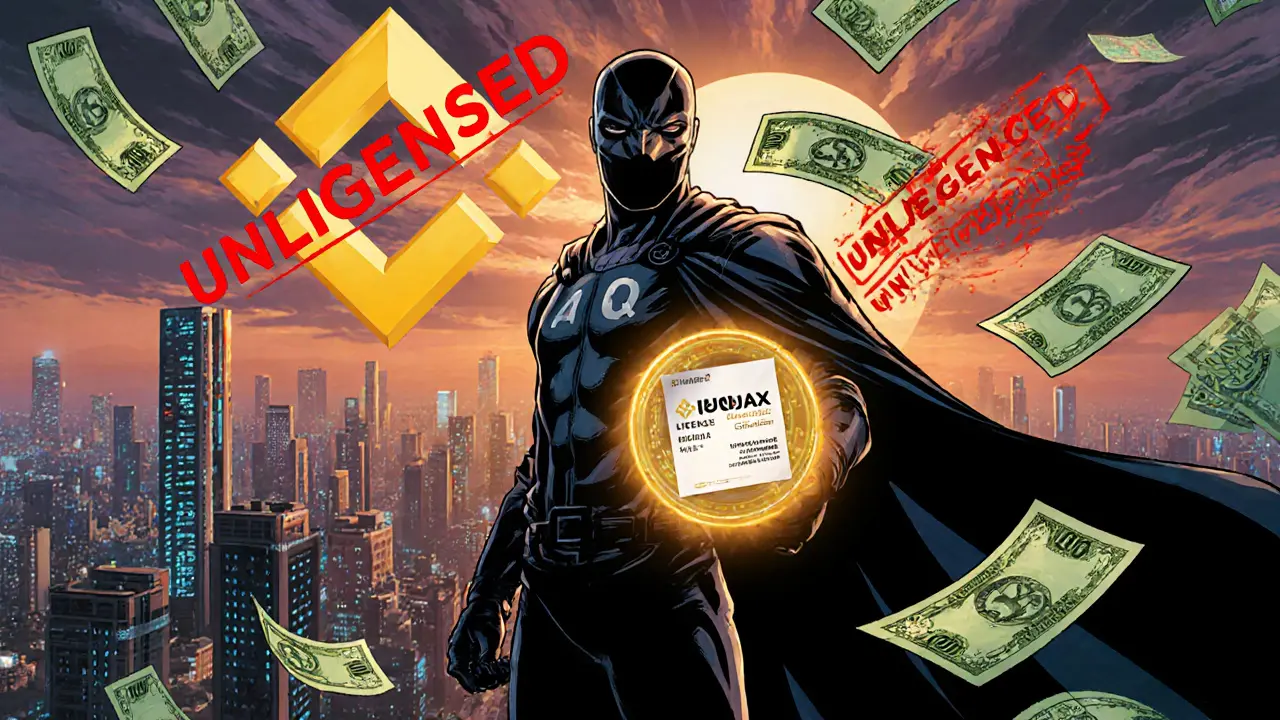When you're trading crypto in Nigeria or West Africa, Quidax, a cryptocurrency exchange built for easy access in emerging markets. Also known as a peer-to-peer crypto gateway, it lets users buy Bitcoin, Ethereum, and other coins with local bank transfers, mobile money, and cards—no complex steps, no foreign accounts needed. Unlike global exchanges that lock out users without international IDs, Quidax was designed for people who need fast, simple access to crypto without jumping through hoops.
It’s not just another crypto exchange, a platform where users trade digital assets. Also known as centralized trading platform, it sits in the middle of a growing trend: local exchanges filling gaps left by giants like Binance or Coinbase. While those platforms offer more coins and lower fees, they often require strict KYC or block users from certain countries. Quidax doesn’t. It’s the go-to for Nigerians who want to buy crypto with their bank account, send it to friends, or cash out without waiting days. But it’s not perfect. Some users report slow customer support, and its liquidity for lesser-known tokens is thin. Still, for many, it’s the only practical option.
Quidax also connects to broader crypto trends you’ll see in the posts below—like how people bypass banking restrictions, why decentralized exchanges are rising, and what happens when a local platform grows too fast. You’ll find reviews of other exchanges like Hydax, Zedcex, and ioBanker, all of which face similar challenges: balancing ease of use with security, scaling without sacrificing trust. Some of these platforms are dead now. Others are still fighting to stay relevant. Quidax is still here, and that tells you something.
If you’ve ever wondered whether to use Quidax over a global exchange, or if it’s safe to hold crypto there, the posts ahead break it down. You’ll see real user experiences, fee comparisons, and warnings about risks that aren’t always obvious. No fluff. Just what you need to decide if Quidax fits your trading style—or if you should look elsewhere.

Nigeria doesn't ban crypto exchanges outright - it requires them to be licensed. Only Quidax and Busha are officially approved. Binance and others are restricted, not banned. Here's what you need to know in 2025.